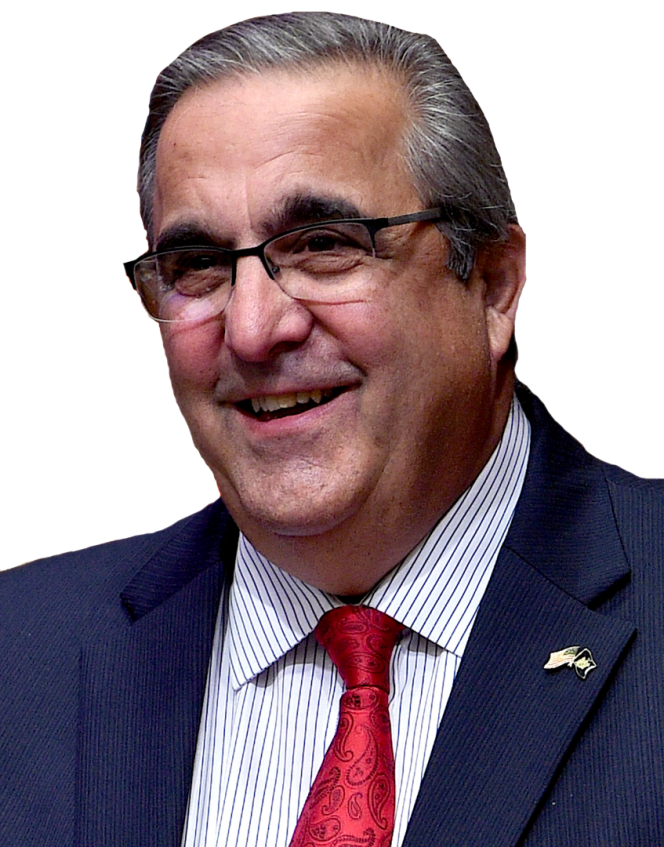Giglio: Gov. Hochul Neglects Seneca Nation Gaming Compact and WNY Economy in State of The State
ALBANY – Concerned for the economy of Western New York, Assemblyman Joseph M. Giglio (R,C-Gowanda) criticized Gov. Kathy Hochul for ignoring the expired gaming compact between the Seneca Nation of Indians and New York State in her State of the State address.
“Negotiating a new gaming compact with the Seneca Nation is critical to our regional economy. I’m disappointed that Gov. Hochul chose to ignore the biggest issue facing the economic well-being of Western New York in her State of-the-State address,” Giglio said.
The Seneca Nation and Seneca Gaming are one of Western New York’s largest employers. The success of Seneca resorts, casinos and restaurants contributed to a resurgence of development and growth in Niagara Falls, Buffalo and Salamanca.
“Seneca Nation casinos contribute $1 billion per year to our regional economy. The Seneca Nation employs 6,000 people in our community, most of them non-native. Local municipalities depend on fees generated by Seneca Resorts and Casinos that the Seneca Nation pays under the compact. Vital community services like police protection and firefighting are supported by fees agreed to under the compact. Native and non-native residents depend on these services,” Giglio said.
Giglio added that restaurant and hospitality suppliers and other non-native companies that do business with the Seneca Nation prospered as Seneca gaming and resorts grew over the last 20 years. The original compact that opened gaming at Seneca-owned casinos was reached between the Seneca Nation and New York State in 2002. On Dec. 1, eight days before that agreement was set to expire, Seneca Nation President Rickey Armstrong Jr. and Gov. Hochul signed an extension of the current deal.
That extension is set to expire on March 31.
“If this were any other business in New York, the governor would be scrambling to get a deal done so she could hold a press conference,” Giglio said. “I don’t know why the governor isn’t paying more attention to this issue. From the beginning of negotiations in November of 2022, the state has not treated the Seneca Nation fairly. After months of delay and requests by myself and others to negotiate in good faith, the governor only met face-to-face with President Armstrong when she needed a compact extension. If this is a bargaining tactic, it’s a bad one. This is not how you negotiate in good faith.
“It’s very frustrating and it does nothing to improve our relationship with the Seneca Nation. This deal should have been finalized last year. Everybody will pay the price for a delay, including the state. It would be catastrophic.”
